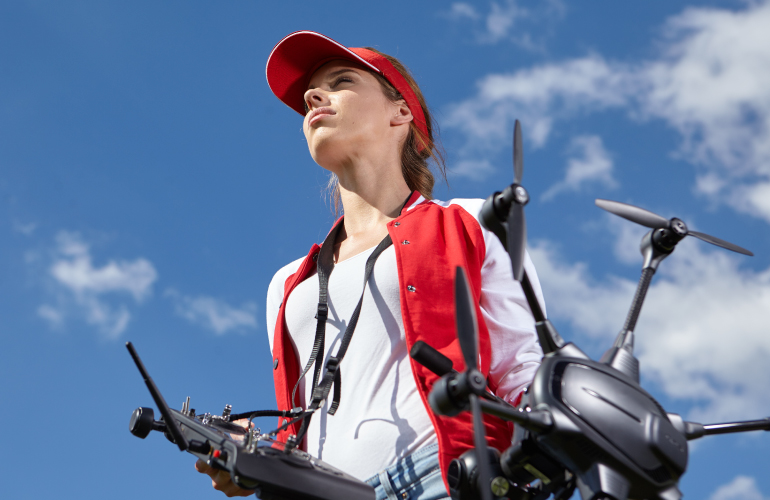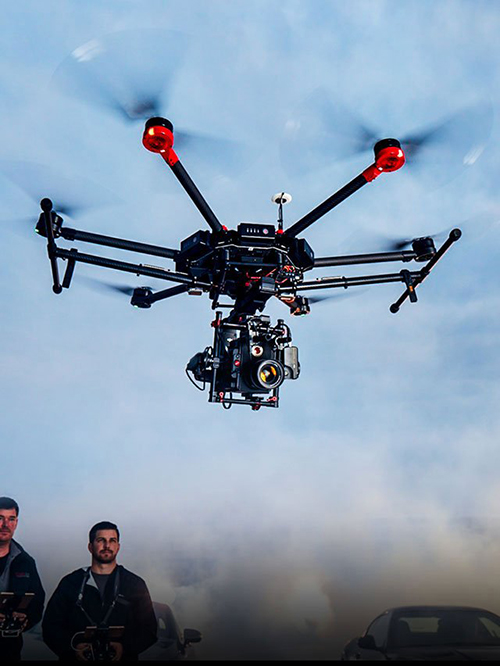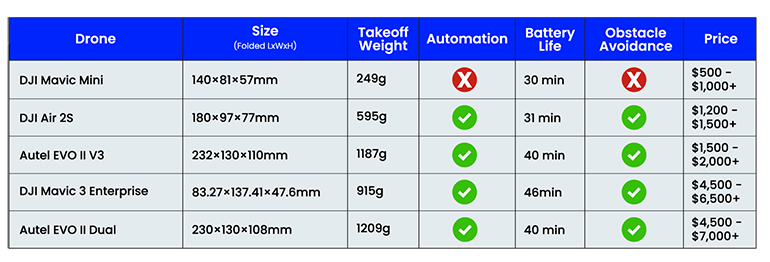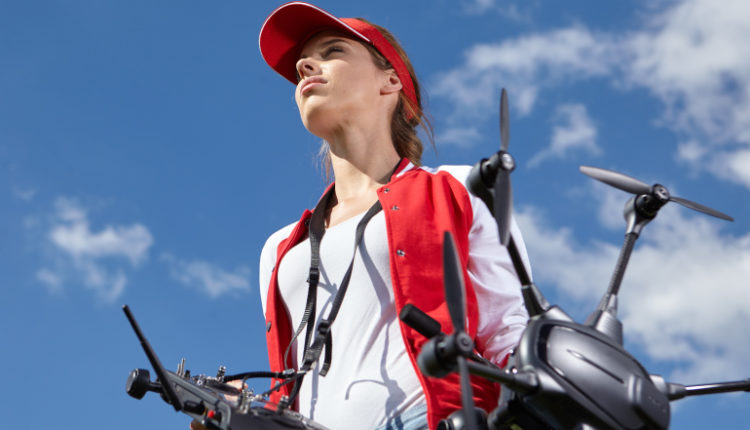Don’t Get Forced into Buying the Wrong Drone

Takeaway: If your software provider forces you to buy a specific drone, you could end up paying too much, not getting the features you need, and having to deal with more expensive repairs. The better option is to work with a drone-agnostic platform that allows you to buy the drone that best suits your business.

In the field of solar energy, drones are a powerful measuring and data collection tool.
Sometimes these measurements are very nuanced, such as with usage thermal drones for O&M use cases. Other times you just need it beautiful images for marketing purposes.
If you also have to buy a specific drone, especially from your software supplier, there is a chance that you will not always get the optimal result.
It’s not that every drone model is necessarily bad. Instead, it’s about being able to decide what works for your use cases, your team, and your wallet.
1. You can be overcharged in two different ways
Contents

When you’re forced to use a specific drone, you end up paying more in two ways:
1. An increased premium: Companies that force you to choose a specific drone often add markup, which they explain by saying they modified the drone to work with their software.
This means potentially higher upfront costs and higher maintenance costs, plus the problems that can arise if a software company tampers with the hardware or sensors (more on that below).
2. More drones than you need: Some platforms force you to buy drones that cost up to $4,000, which only makes sense in more advanced use cases. Anything else (like conducting regular site surveys or collecting marketing materials) and you’re paying too much.
You could also face a double whammy: being forced to buy more drones than you need and pay an increased premium for the privilege.
2. You may not get the features you need
A platform that forces you to use a specific drone means you’re also locked into the features they want to offer:
- The drone may not work for – or may not be a good fit for – your needs and use cases.
- The drone may be refurbishedwhich may lead to inaccuracy and not being able to trust the data collected.
- The feature set may be different: Specific to solar research, this means you may not be able to perform Point of Interest (POI) flight paths, manually fly the drone, or rely on the camera gimbal to be accurate.
While all solar projects have similarities, different regions and contractors may take a more specific approach. You should be able to choose the features that make sense for your use case, and not be stuck with the risks of an old, second-hand or refurbished drone.

3. You may not get the warranty and maintenance you need
When drones are tampered with – such as when a software platform ‘modifies’ a drone – the manufacturer will typically not adhere to the specifications, features or warranty.
If the drone breaks, you can’t buy a new one off the shelf; you have to wait for the software platform’s support team to sell you a new one.
You could avoid this problem by purchasing additional drones in advance, but that would entail enormous additional costs.
Technology works for you, not the other way around
Making one Investing in technology is an important part of business growthbut only if that technology meets your needs.
Buying software that forces you to use a particular drone in a specific way is not the right approach. It offers some short-term benefits, but doesn’t really deliver comprehensive quality and customer experience.
When that happens, the investment starts to lose its ROI significantly. It’s much better to invest in technology that gives you the features you need And allows you to use them in a way that works for your business.
Sponsored content by Scanify



Comments are closed.